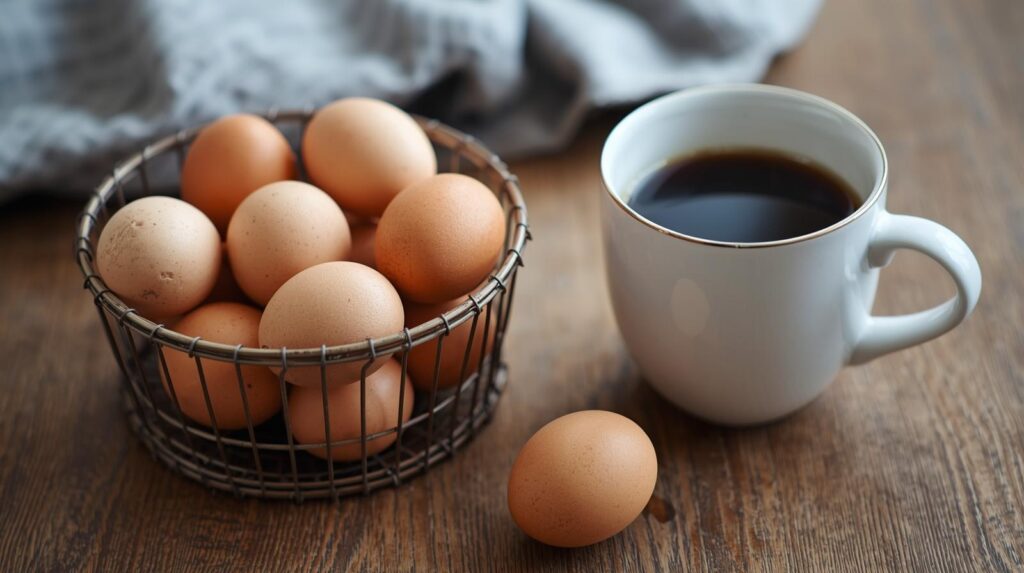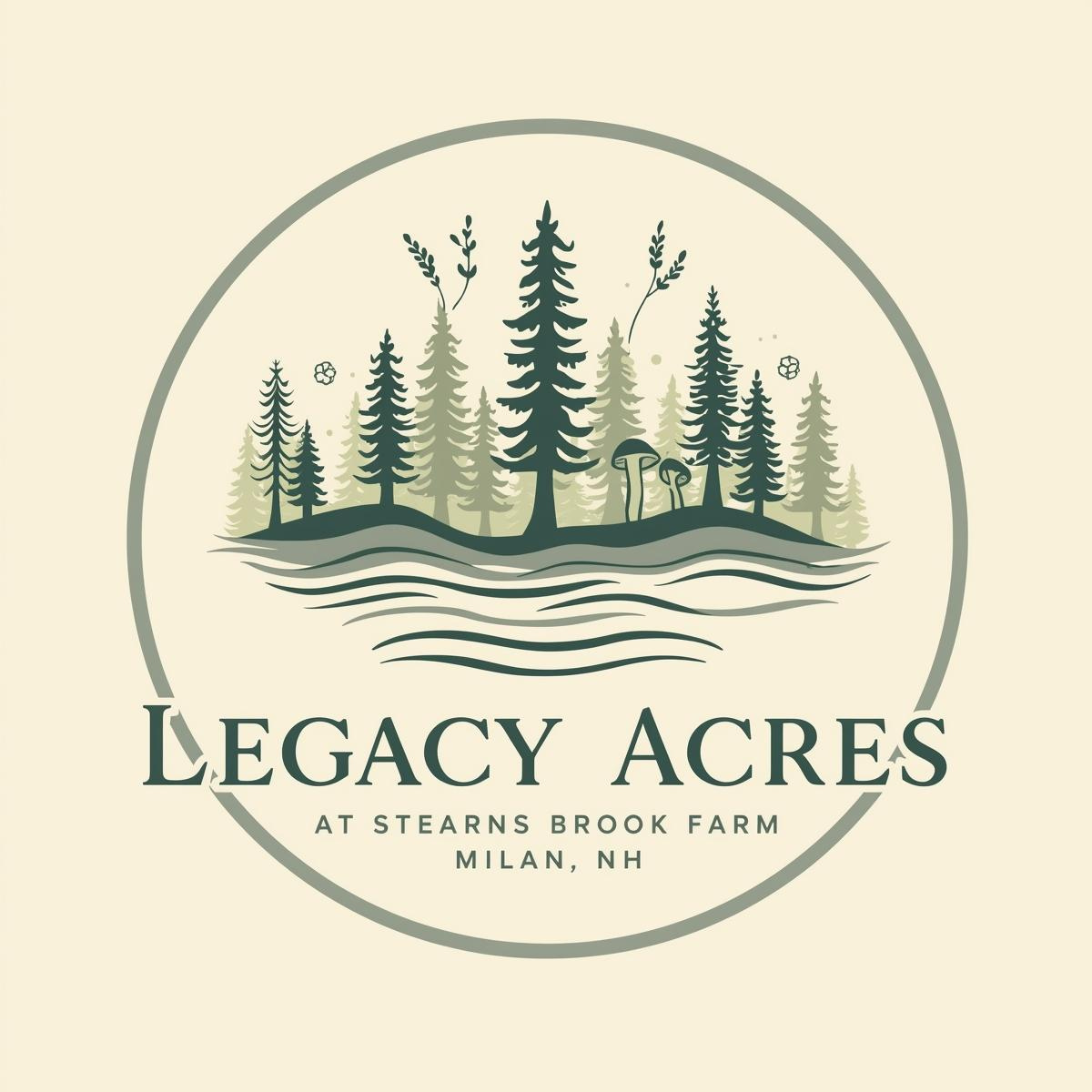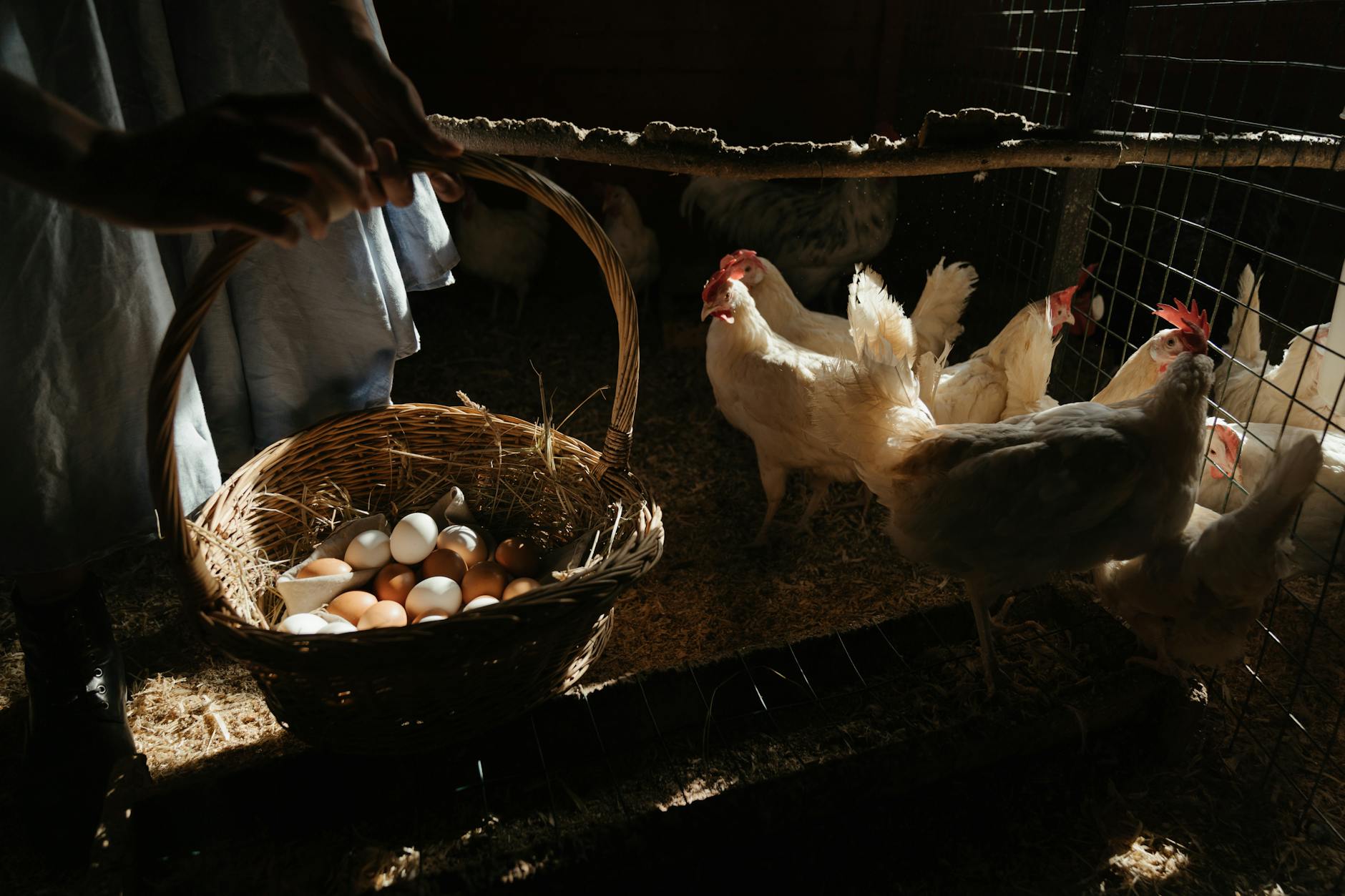The Morning Ritual
There’s a certain kind of quiet that only exists at dawn—the kind that lets you hear your own breath and the soft rustle of feathers in the coop. The sun hasn’t quite crested over the mountain yet, but the hens already know what time it is. They’re awake before I am, murmuring their chicken chatter as I crunch across the frosty ground, egg basket in hand.
The moment I lift the coop door, they greet me like family—curious, vocal, alive. I reach into the nesting box, still lined with fresh pine shavings, and there it is: a warm, speckled egg. It’s hard to explain, but something about that warmth feels sacred. This tiny, perfect thing is the product of care, connection, and consistency.

Why Backyard Eggs Are Different
People often ask, “Do they really taste better?” The answer, in every possible way, is yes—but not just because of freshness.
- Diet and Freedom:
Our hens forage for bugs, greens, and grit across the pasture. Their diet shifts with the seasons—clover in spring, wild berries in late summer, even the occasional treat from the compost pile. Each bite adds nuance to the flavor and color of their eggs. The result? Yolks so golden they almost look painted. - Less Stress, More Sunshine:
Hens that live naturally—scratching, dust bathing, basking in sunlight—produce eggs rich in omega-3s and vitamins. But beyond nutrition, you can taste the calm in the coop. A hen that feels safe lays an egg that reflects that peace. - The Power of Freshness:
Grocery store eggs can be 30–60 days old before they reach your skillet. Backyard eggs might be laid an hour ago. When you crack them open, you’ll see the difference immediately: a tall, sturdy yolk and whites that stay firm, not watery.
The Emotional Flavor
The biggest difference, though, isn’t scientific. It’s emotional.
When you collect eggs from your own hens, you’re participating in a cycle that’s older than memory. You feed, they give, and nothing goes to waste. That rhythm creates a kind of gratitude that turns breakfast into ceremony.
On mornings when life feels overwhelming, that small act—gathering eggs, hearing the gentle cluck of contentment—reminds me that sustenance can be simple.

How to Start Your Own Backyard Flock
For anyone thinking about starting, begin small. Three to six hens are perfect for most families. Choose hardy breeds that match your climate—here in northern New Hampshire, Australorps and Easter Eggers handle our winters beautifully.
Invest in a well-built coop with:
- Adequate ventilation (without drafts)
- 1 nesting box for every 3 hens
- 2–3 square feet per bird inside, plus outdoor space to roam
- Predator-proof hardware cloth—trust me, raccoons are smarter than they look
Feed them quality layer pellets, supplement with kitchen scraps, and always offer grit and fresh water.
Once you’ve experienced the difference, store-bought eggs will feel sterile by comparison.
A Legacy of Living Close to the Land
Every time I crack an egg from our flock, I think of my grandmother—how she used to save shells to crush into the garden for calcium. She didn’t call it “sustainability.” She just called it living right.
That’s what Legacy Acres is about: remembering the wisdom that came before us and honoring it in small, daily ways.
Because when you live close to the land, even breakfast becomes a story worth telling.

About Legacy Acres at Stearns Brook Farm:
A veteran- and woman-owned homestead in northern New Hampshire, Legacy Acres celebrates slow living, animal care, and the beauty of rebuilding a sustainable life one small act at a time.








